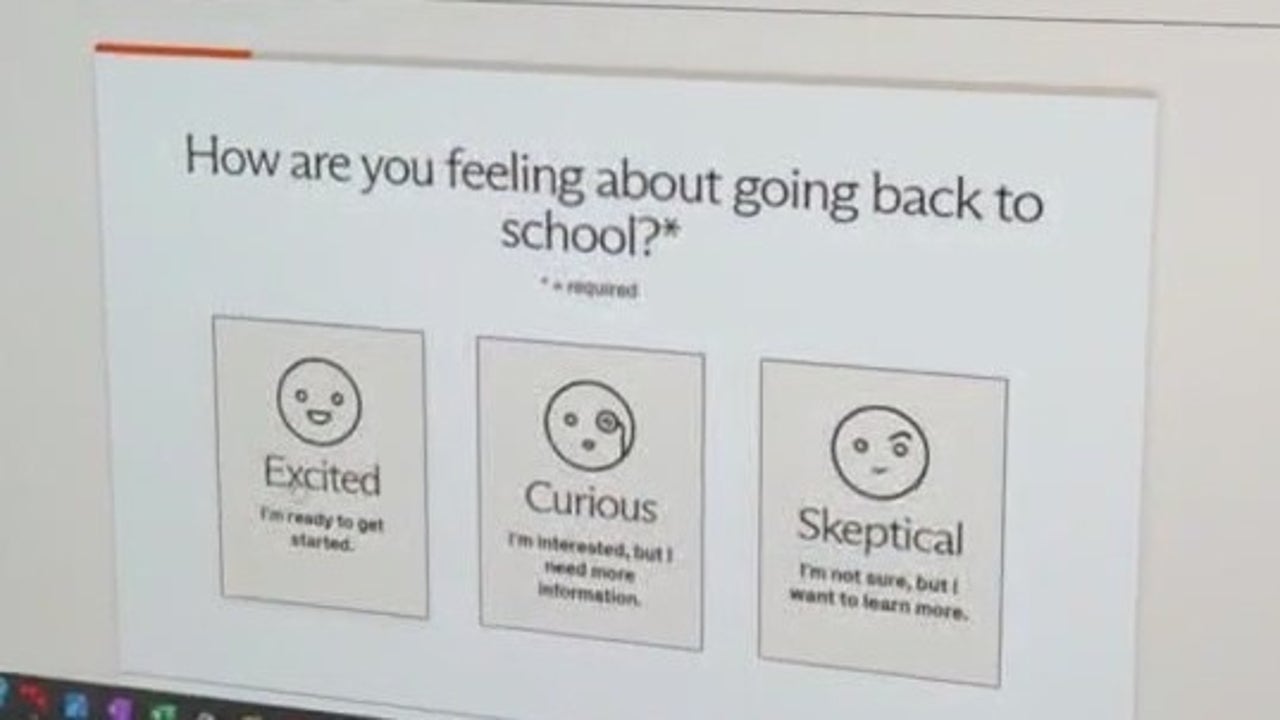Workplace Negativity: Navigating the Minefield of Constant Complaints
Companies
2025-03-19 11:00:00Content

Dealing with the Chronic Complainer: Strategies for Workplace Sanity
We've all been there—trapped in a conversation with a colleague who seems to have an endless stream of grievances. The office complainer can quickly drain your energy and productivity, turning what should be a positive work environment into a negative echo chamber.
But you don't have to be a passive listener. Here are some effective strategies to manage and redirect these draining interactions:
1. Set Clear Boundaries
Politely but firmly interrupt the complaint cycle. Use phrases like, "I hear you're frustrated, but let's focus on potential solutions" to shift the conversation's tone.
2. Limit Your Engagement
When complaints start to dominate, subtly signal that you're busy. Keep interactions brief and professional, making it clear that you can't spend extended time listening to negativity.
3. Offer Constructive Feedback
Challenge the complainer to be proactive. Ask, "What steps can you take to improve this situation?" This approach encourages problem-solving instead of endless venting.
4. Know When to Escalate
If constant complaining is affecting workplace morale, consider discussing the issue with your manager or HR, especially if it crosses professional boundaries.
5. Practice Empathy with Limits
While it's important to be compassionate, protect your own mental well-being. Listen briefly, then guide the conversation toward positive, actionable outcomes.
Remember, you have the power to control workplace interactions. By implementing these strategies, you can maintain a positive attitude and professional environment, even when faced with persistent negativity.
Navigating Workplace Negativity: Transforming Complaints into Constructive Dialogue
In the complex ecosystem of modern workplaces, interpersonal dynamics can quickly become challenging when negativity takes root. Constant complaining can erode team morale, productivity, and overall workplace harmony, creating an environment that feels toxic and demotivating for everyone involved.Unlock the Secret to Maintaining Workplace Positivity and Professional Relationships
Understanding the Psychology Behind Chronic Workplace Complainers
Workplace complainers are rarely motivated by malicious intent. Often, their persistent negativity stems from deeper psychological needs—unresolved frustrations, feelings of powerlessness, or a desperate desire to be heard and validated. These individuals might be experiencing significant professional stress, personal challenges, or systemic workplace issues that manifest through constant vocalization of grievances. Psychological research suggests that chronic complainers often use verbal expression as a coping mechanism. By verbalizing their frustrations, they attempt to process complex emotions and seek emotional relief. However, this approach rarely solves underlying problems and can create a cyclical pattern of negativity that impacts team dynamics and individual mental well-being.Strategic Communication Techniques for Managing Workplace Complainers
Effectively managing workplace complainers requires a nuanced, empathetic approach that balances professional boundaries with genuine understanding. Active listening becomes a critical skill—demonstrating that you hear their concerns while simultaneously guiding the conversation toward constructive solutions. Professional communication experts recommend employing reflective listening techniques. This involves paraphrasing the complainers' statements, acknowledging their emotions, and then gently redirecting the dialogue toward problem-solving. By validating their feelings without becoming emotionally entangled, you create a supportive environment that encourages personal accountability and positive change.Establishing Healthy Communication Boundaries
Setting clear, respectful boundaries is essential when dealing with persistent workplace complainers. This doesn't mean dismissing their concerns but rather creating a structured framework for communication that promotes mutual respect and professional growth. Consider implementing regular, structured feedback sessions where team members can express concerns constructively. By providing a designated space for dialogue, you transform random complaints into purposeful discussions. These sessions should emphasize solution-oriented thinking, encouraging participants to not just highlight problems but also propose potential resolutions.Developing Emotional Intelligence and Resilience
Dealing with constant negativity requires significant emotional intelligence. Professionals must cultivate personal resilience, understanding that another person's complaints do not define their own workplace experience. Developing robust emotional regulation skills allows individuals to maintain composure and perspective when confronted with persistent negativity. Mindfulness practices, such as meditation and self-reflection, can be powerful tools in building emotional resilience. By maintaining inner calm and objectivity, you can more effectively navigate challenging interpersonal dynamics without becoming emotionally depleted.Organizational Strategies for Mitigating Workplace Negativity
While individual approaches are crucial, addressing workplace negativity often requires systemic intervention. Organizations must create cultures that prioritize open communication, mutual respect, and continuous improvement. This involves developing comprehensive communication protocols, providing conflict resolution training, and fostering environments where employees feel genuinely heard and valued. Leadership plays a pivotal role in shaping workplace culture. When management demonstrates transparent communication, emotional intelligence, and a commitment to constructive problem-solving, it sets a powerful example that can gradually transform team dynamics and reduce chronic complaining.RELATED NEWS
Companies

Corporate Whispers: The Two-Word Warning Signal Echoing Across Boardrooms
2025-05-04 07:00:50
Companies

Breaking Barriers: How Spectrum and Tech Giants Are Revolutionizing Employee Learning
2025-04-16 19:10:24
Companies

Clean Tech's Cloudy Horizon: Trump's Policy Shake-Up Threatens Green Investment
2025-02-27 11:18:15





